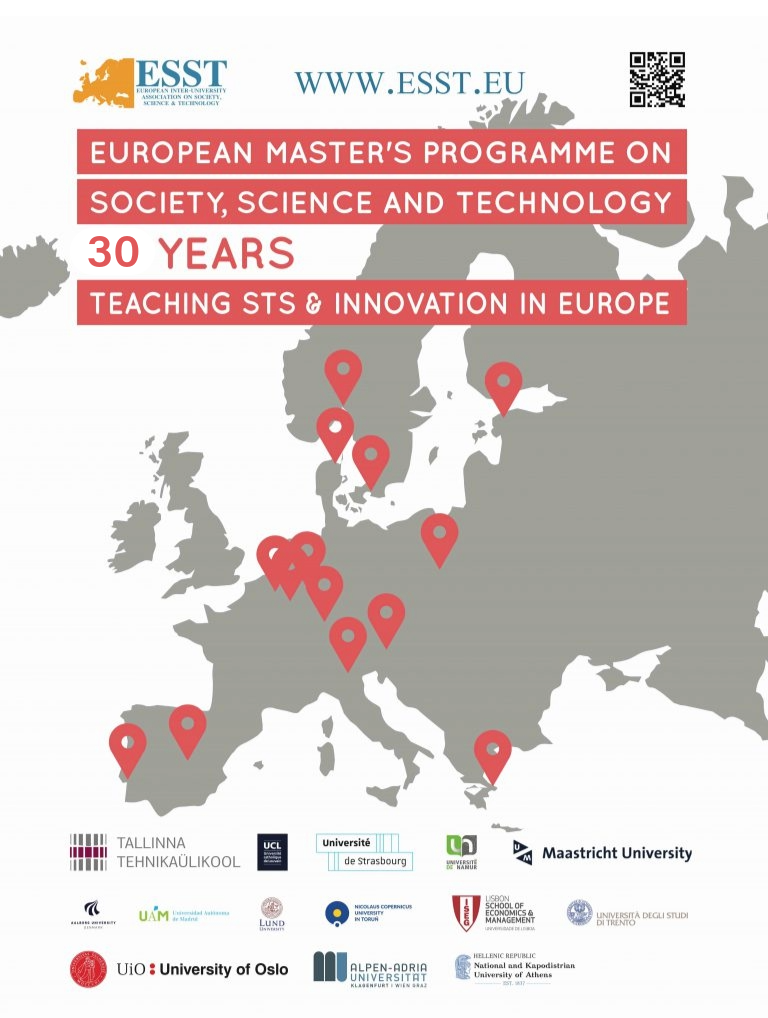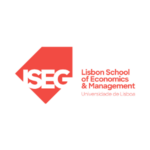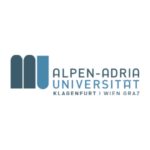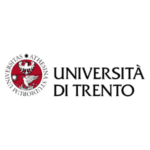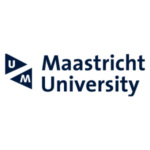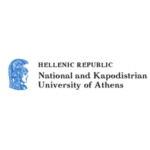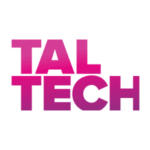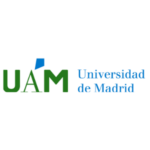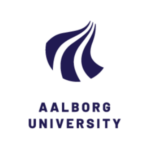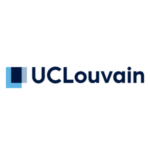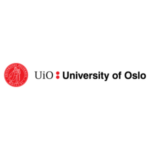Economics and Management of Innovation
The evolution of knowledge has always been at the center of economic activity, inducing a process of change in the ability of agents to transform resources in wealth and welfare. Innovation, as a consequence of this evolving process, plays a major role in the encouragement of economic growth and competitiveness. The importance that governments and international organizations have given to innovation as a strategic variable in economic development confirms it.
The specialization -aimed at graduates and engineers in any discipline (economy basis are especially valued)- allows analyzing the effects of management (public or private) on innovation performance, and the effects of innovation within the economic process, from different perspectives like economic theory, management, public policy, etc. It is a good option for those graduates who wish to focus their career and/or research on the field of innovation.
The joint participation of researchers from three universities (Autonomous, Complutense and Polytechnic Universities of Madrid), whose areas of study are different but complementary, enables to deal with the different aspects related to technological change and innovation through a multidisciplinary approach.
Points of particular interest are:
1) Taking advantage of a critical mass of researchers in matters related to Innovation.
2) Giving students the chance to do quality research and achieve the skills needed in careers demanding ever more highly-qualified professionals.
3) Allowing students to work in a multidisciplinary environment, with scholars from faculties ranging from Economics and management sciences to engineering. The students, themselves, also come from various disciplines including Economics, Engineering and also Science and Humanities.
Schedule introductory course
The interuniversity MSc Programme in Economics and Management of Innovation is jointly developed by the Autonomous, Complutense and Polytechnic Universities of Madrid. Although students enroll at only one University, the Programme grants students access to the facilities and resources in all three Universities. (All interested ESST students will enroll at the Autonomous University of Madrid.)
The Programme is supported by a recently created UAM-Accenture Chair in Economics and Management of Innovation.
To follow the introductory course, the students may choose two out of the four courses offer by the programme during the second semester:
– Economic analysis of intellectual property (Prof. Antonio Hidalgo)
– R&D and Innovation policies in the European Union (Prof. Gonzalo León)
– Methodology of Science and Research Methods (Profs. M. Paloma Sánchez and Dr. Juan Carlos Salazar)
– Organization and Management of Technological Innovation (Prof. Antonio Hidalgo)
Core literature for the above courses is as follows
Economic analysis of intellectual property (Prof. Antonio Hidalgo)
Griliches, Z. (1990): “Patents Statistics as Economic Indicators: A Survey”. Journal of Economic Literature, vol. XXVIII, pp. 1661-1707.
Cullis, R. (2007): “Using patent filings to measure innovation”, Journal of Intellectual Property Law & Practice, 2, pp. 345-352.
R&D and Innovation policies in the European Union (Prof. Gonzalo León)
Borrás, S. (2003). The innovation policy of the Europe Union. From government to governance. Ed. Edward Elgar. ISBN 1-84064-993-1.
Claire Nauwelaers and Rene Wintjes (2008). Innovation policy in Europe. Measurement and Strategy. Ed. Edward Elgar. ISBN 978-1-84542-759-7.
Methodology of Science and Research Methods (Profs. M. Paloma Sánchez and Dr. Juan Carlos Salazar)
American Psychological Association (2006), Publication Manual of the American Psychological Association, Publicado por APA, sexta edición, Estados Unidos.
Moses, J.W. y Knutsen, T.L. (2008), Ways of knowing. Competing methodologies and methods in social and political research, Palgrave Macmillan. Nueva York.
Organization and Management of Technological Innovation (Prof. Antonio Hidalgo)
Edquist C. (1997) Systems of Innovation. Technologies, Institutions and Organizations, London and Washington, Pinter
Hidalgo, A. and Albors, J. (2008): “Innovation management techniques and tools: a review from theory and practice”. R&D Management, Vol. 38, nº 2.
Schedule and Programme of activities for incoming ESST students
ESST students are supposed to come to Madrid at the beginning of February. A tutor for each one will be nominated upon their arrival.
They are supposed to enrol in at least two of the four courses offered during the second semester above mentioned. The classes of those courses will take place once a week until the end of May. The students are supposed to do the assignments suggested by the teachers.
In addition to this and according to their thesis topics the tutor will suggest them to have tutorial sessions with other teachers of the Programme. The objective of these sessions will be:
1) To get acquainted with the core issues of the first semester courses that the student is not taken.
2) To suggest the main readings to the students in accordance with their thesis interest. These readings may be selected from the above list or be particular ones more directly related to the topic the student would like to develop.
3) To help them in making an outline of their project.
At the end of these tutorial sessions (approximately one month after arrival) the student will be asked to present an outline of the thesis.
The students will be invited to attend additional Seminars and special meetings with invited Lecturers from other countries.
During the following months they will have periodical meetings with their tutor to follow up their thesis progress.
A first version of the Thesis should be handled to their tutor on June 30th the latest, so that a feedback may be given before the summer vacation start. The final version of the Thesis should be handled at the beginning of September, so as to allow eventual final recommendations to get introduced and to eventually discuss with the home supervisor the final mark of the Thesis.
Language of instruction
An intermediate-advance level of the Spanish language is highly recommended so that the students are able to follow the presentations and discussions during the classes. However they would be allowed to make their own presentations and write assignments and final thesis in English. The tutorial sessions will also take place in English.
Minimum and maximum number of students
Maximum 3. They will be accepted on the basis of their research topics. These should be in line with the Madrid researcher’s expertise.
Some examples of theses topics
SME’s internationalization process. Particular attention to “born global” firms in the Madrid region.
Evaluation of ESA Technological Programmes. Impact on European manufacturing industry.
Strategic management of technological risks.
Diffusion of new technologies: models and theories.
Non Technological factors and innovation in SME’s. The automative ancillary industry in the Madrid region.
Companies’ internationalization strategy: The role of knowledge management and organizational learning
The role of the capital equipment industry in pushing convergence. The Spanish case.
Technological learning, interaction networks and institutions. Analysis of innovative experiences in Soconusco, Chiapas, México.
Regional concentration and specialization of technological capabilities in Spain. Patent analysis.
Knowledge transfer for biodiversity. Economic valuation of environmental damages.
Innovation patters in Argentinean manufacturing industry: 1998-2001
Identification, classification and comparison analysis of R&D collaboration instruments between universities and enterprises in the European context.
Open Source Software movement effects on technological projects management in companies. Derived organizational changes.
European Policies to Foster Trans-National R&D Cooperation Involving Smes: Current Instruments and Some Proposals for Further Action
Synthetic indicator for regional competitiveness. The case of some Spanish regions towards the Lisbon Strategy
Transition in the large pharmaceutical companies’ business model: from closed to open innovation model
Cooperation the innovation networks in SMEs. An empirical analysis of the effects on results
Open Innovation process as driver of dynamic competences
An evaluation of innovation rankings published in business press
The implication of the Spanish universities in Science and Technology Parks as tools of knowledge transfer and local competitiveness
A Theoretical Approach to the role of Intermediaries Organizations of Innovative Activity
Public Policies to Support innovation and Foster Triple Helix Interactions: Examples in Spain, Norway and Sweden
Study of the impact of external sources of knowledge on industry throughout R&D and innovation
The ADPIC agreement and the reinforcement of the international patent system within the OMC
Thesis examples
Trade fairs and transfer of knowledge – Green energy and home design on display – Håkon Schjønsby
Relational Capital: A study on its importance, quantification and its impact on business sectors and markets – Elisabeth Lervik
The European Network State and the Southern Link – Zikos Efstathis
Coordinators of the specialization
Prof. Juan Carlos Salazar-Elena: juancarlos.salazar@uam.es
Esther Alarcón: esther.alarcon@inv.uam.es
Staff members who may act as thesis supervisors
– Prof. Juan Carlos Salazar-Elena: Economics and management of innovation
– Prof. José Guimón de Ros: Innovation and science policy
– Prof. Isabel Alvarez: Internationalization of technology
– Prof. Antonio Hidalgo: Creation of Technologically based firms, Transference of technology, Internationalization Strategies
– Prof. Gonzalo León: Research and Development Politics, Technology and Innovation Politics.
– Prof. Asunción López: Regional Innovation Systems.
– Prof. José Molero: Internationalization y Technological Change, Technical Change and competitiveness.
– Prof. Patricio Morcillo: Management of Innovation at the Enterprise.
– Prof. Paloma Sánchez: Economics of knowledge, Intangibles and intellectual capital.
Web links
Accommodation: Universitary Residence Erasmo de Rotterdam
Contact: Phone: 91 131 21 00 / Fax: 91 372 14 37 / e-mail: erasmo@resa.es

